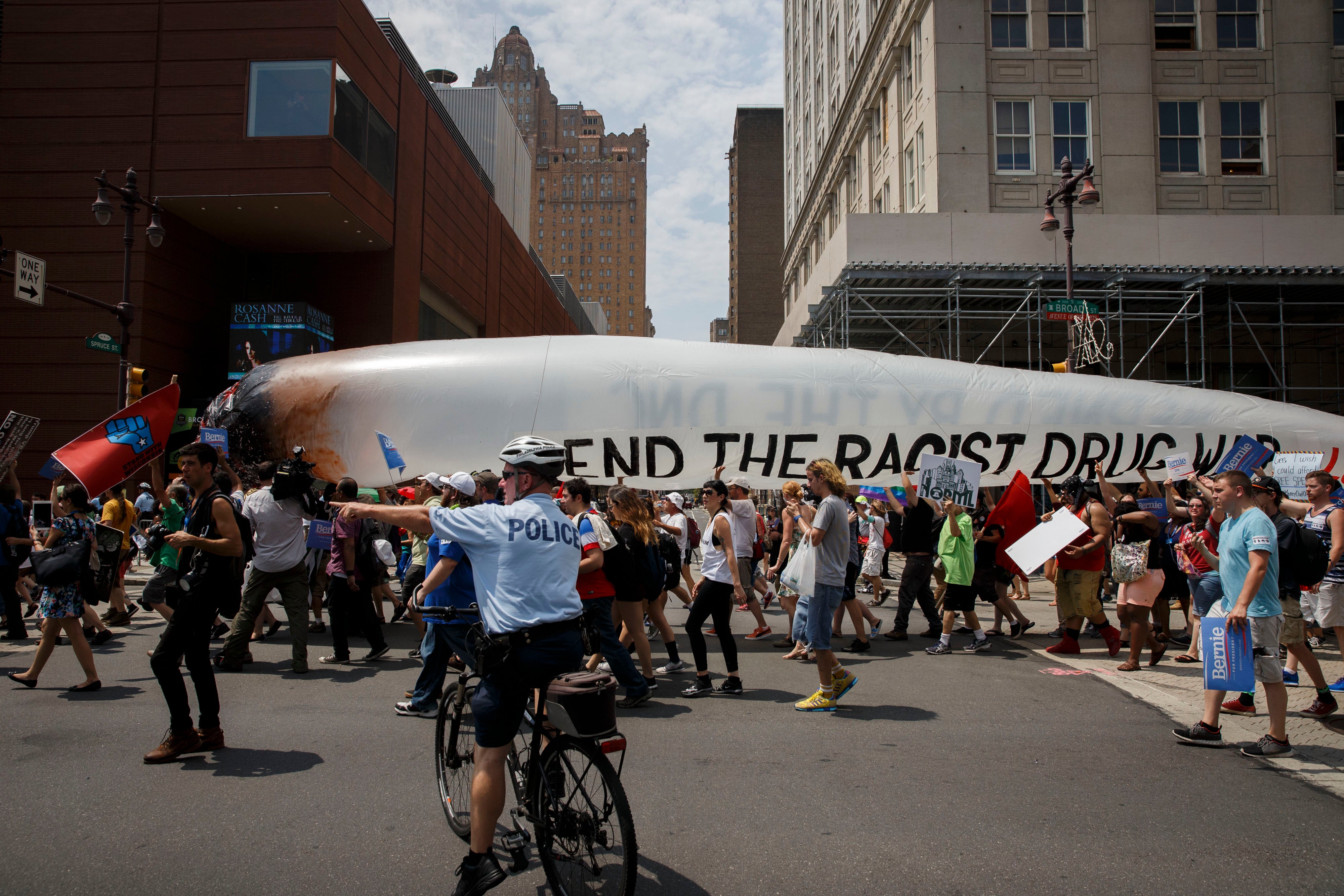Doctor who spent months in jail for growing marijuana to treat dying wife pardoned by Pennsylvania governor
Pennsylvania legalized medical marijuana in 2016—two years after Dr Paul Ezell went to prison

Pennsylvania governor Tom Wolf pardoned Dr Paul Ezell, 65, on Wednesday, an eye doctor who spent six months in jail in 2014 for growing marijuana, which he used to help his severely ill wife treat chronic pain without the use of addictive opioids.
“Here’s a doctor of 30 years who had not so much as a speeding ticket, and then his whole life is ruined for giving his wife medicine that’s now legal in Pennsylvania,” Lt. Gov. John Fetterman, who chairs the state Board of Pardons, said following the announcement.
The pardon clears the way for Mr Ezell, who now manages a sports medicine practice, to reinstate his doctor’s license and begin practicing again. His first priority, however, is pushing for a pardon for his daughter Victoria, a nurse who also lost her license after a 2014 drug bust at the family’s Havertown, Pennsylvania home.
“The only thing that matters to me is that I paved the way for my daughter to get her pardon,” Mr Ezell told the Philadelphia Inquirer. “She just happened to be in the house that day.”
The Ezells were convicted on drug charges in 2014, after a tipster called police, believing the doctor was growing marijuana and selling it to his patients. Police seized 28 marijuana plants from his home, though the latter accusation was later dropped in court, and all told the small cannabis plants inside the house would only produce a few ounces of usable marijuana.
The successful eye doctor says he began growing cannabis after his wife Jayne, a nurse, became addicted and even overdosed on opioids like Vicodin and Oxycontin, which she’d been prescribed for a serious of back injuries and chronic pain. He hoped cannabis, legal in many states for medical use, would help treat some of her conditions.
“I would challenge anyone to tell me how another course would have been a moral course,” Mr Ezell told Philadelphia Magazine. “I did what I did to help my wife — to help an addict,” he added, saying it hurt not one “except the community that I hurt because I lost my profession and obviously myself, but no one else. I took that Hippocratic oath, and I meant it.”
Ms Ezell overdosed again in 2012, and died at home in 2013 from complications.
Police arrived at their home in 2014, as the doctor was dismantling the growing operation.
In 2016, the state legalized medical marijuana, and it has set up an expedited pardon process for non-violent marijuana offenders still behind bars.
After spending six months in jail and being released, Mr Ezell applied for a pardon in 2020, which got preliminary approval this March.
All but 11 states have either decriminalized or legalized marijuana in one form or another, and the rapid policy change was frequently justified on two grounds: that it would help undue decades of racist War on Drugs policy that disproportionately incarcerated people of colour, and that it would be a booming business opportunity for states to raise tax revenue.
The second part has certainly become true, with cannabis becoming a major, multi-million dollar business in states like California, Colorado, and Illinois. But in many cases state haven’t moved to release those imprisoned for marijuana-related offenses or expunge the records of those who have already served time, fueling criticisms that the new cannabis regime continues to discriminate against people of colour, given that the marijuana business is overwhelmingly run by rich white men.
Bookmark popover
Removed from bookmarks